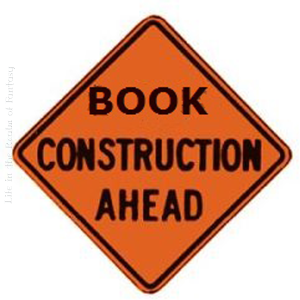#amwriting: Hyphens are the Devil
I don’t live in hyphen hell, more like a zone where hyphens nip the skin like mini-mosquitoes. Or is it mini mosquitoes. Grammerly and spellcheck get it wrong sometimes. Connie Jasperson shares her guidelines for hyphenation.
They’ll help a little, until you lose the link to the blog. But that’s just me being neg…proactive. I’m bookmarking this now.
I’ll forget where I bookmarked it, but you’ll do a better job. I’m sure.
PS: I’m not still paying my student loans at 62 to pay for college to learn this. I paid for college to expand my horizons and stretch my brain. But I did learn this at college.
 As it is March and is that month known as National Novel Editing Month, or NaNoEdMo, I will be be revisiting some of my posts on the craft of writing. Today we are looking at that most abused morsel of punctuation, the Hyphen. In my own work I will be looking at each hyphen and deciding if it stays or if it goes. Much of the time, they must go.
As it is March and is that month known as National Novel Editing Month, or NaNoEdMo, I will be be revisiting some of my posts on the craft of writing. Today we are looking at that most abused morsel of punctuation, the Hyphen. In my own work I will be looking at each hyphen and deciding if it stays or if it goes. Much of the time, they must go.
Most authors know that a compound word is a combination of two or more words that function as a single unit of meaning. Most of us even know that there are two types of compounds: those written as single words, with no hyphenation and which are called “closed compounds”– such as the word “bedspread,” AND the “hyphenated compounds,” such as “jack-in-the-box” and “self-worth.”
But there is a third group, and they are the bane of my life–those mysterious…
View original post 520 more words


Wind Eggs
As much as I admire Plato I think the wind eggs exploded in his face and that art and literature have more to tell us, because of their emotional content, than the dry desert winds of philosophy alone. ...more
- Phillip T. Stephens's profile
- 31 followers




